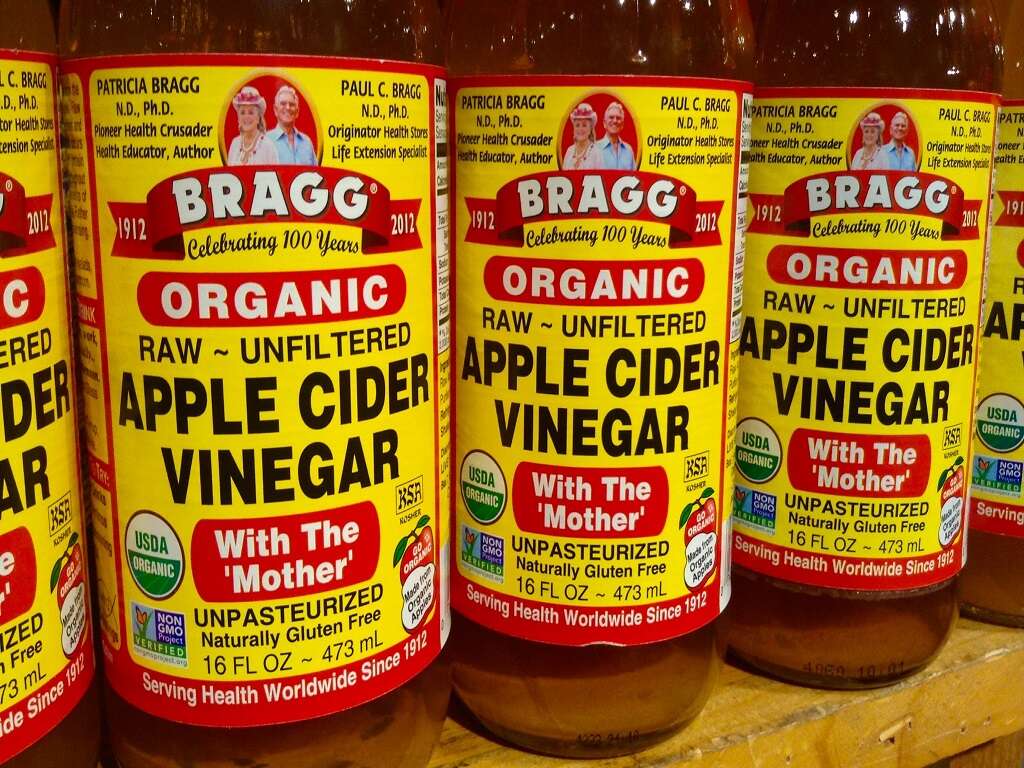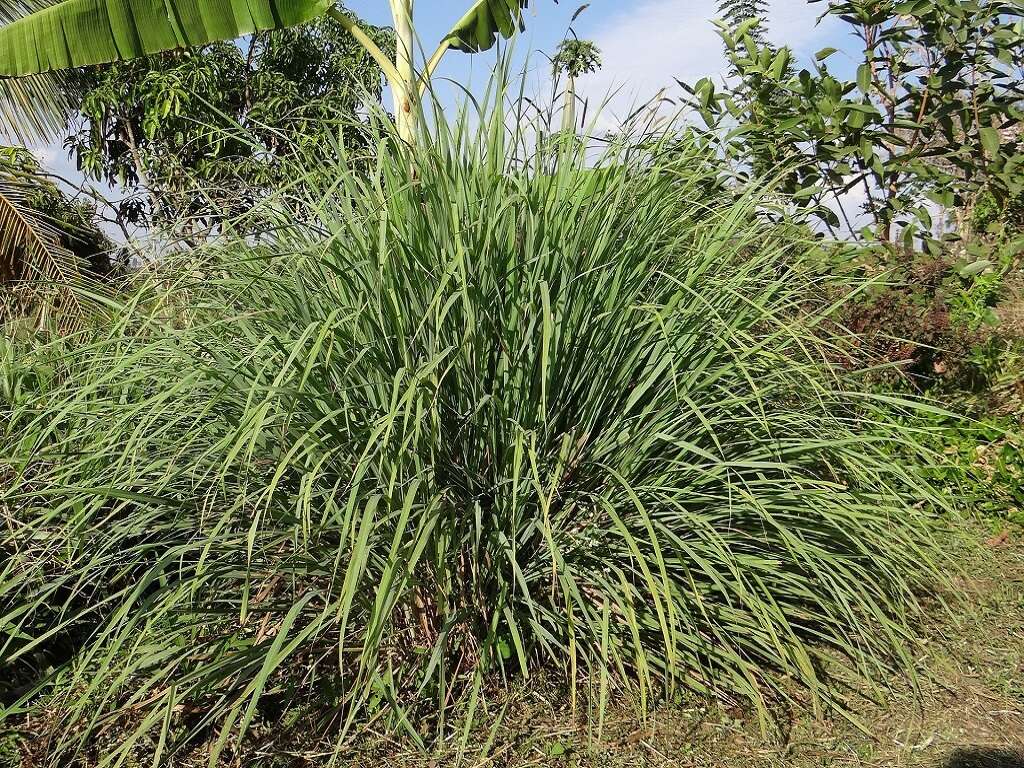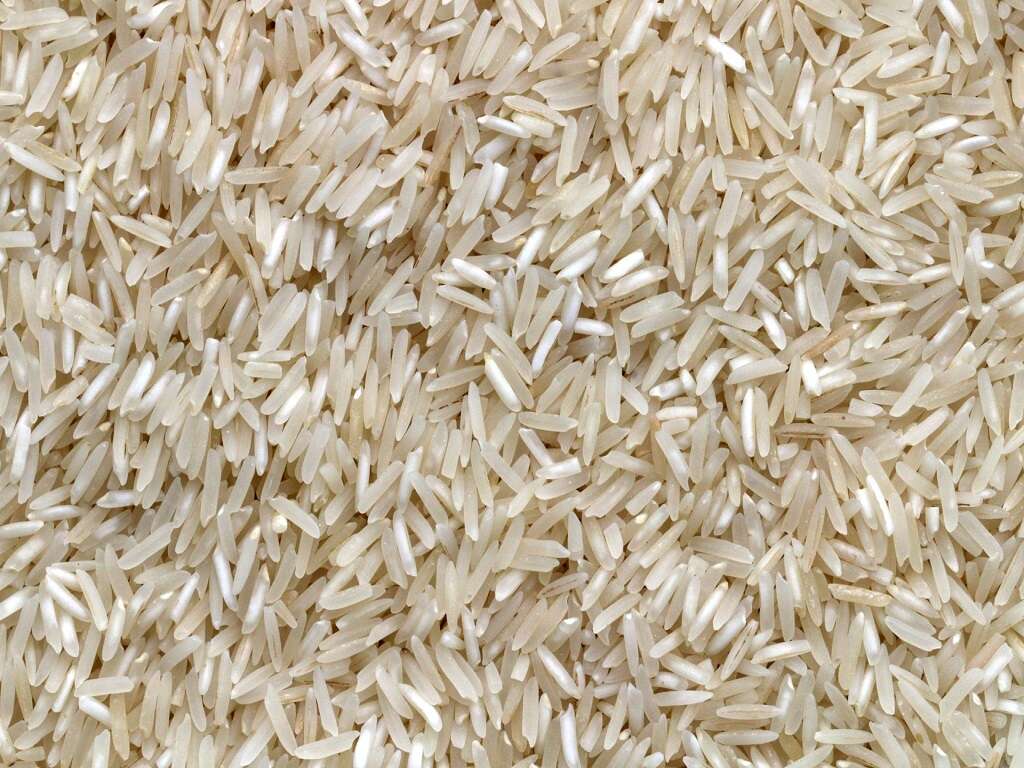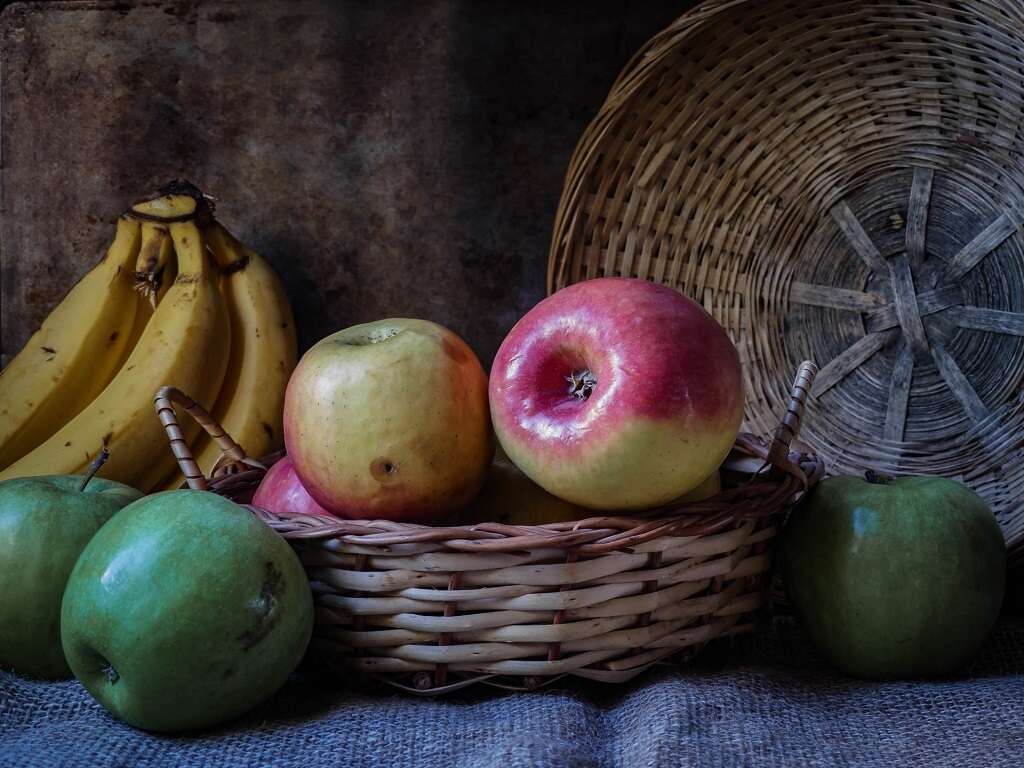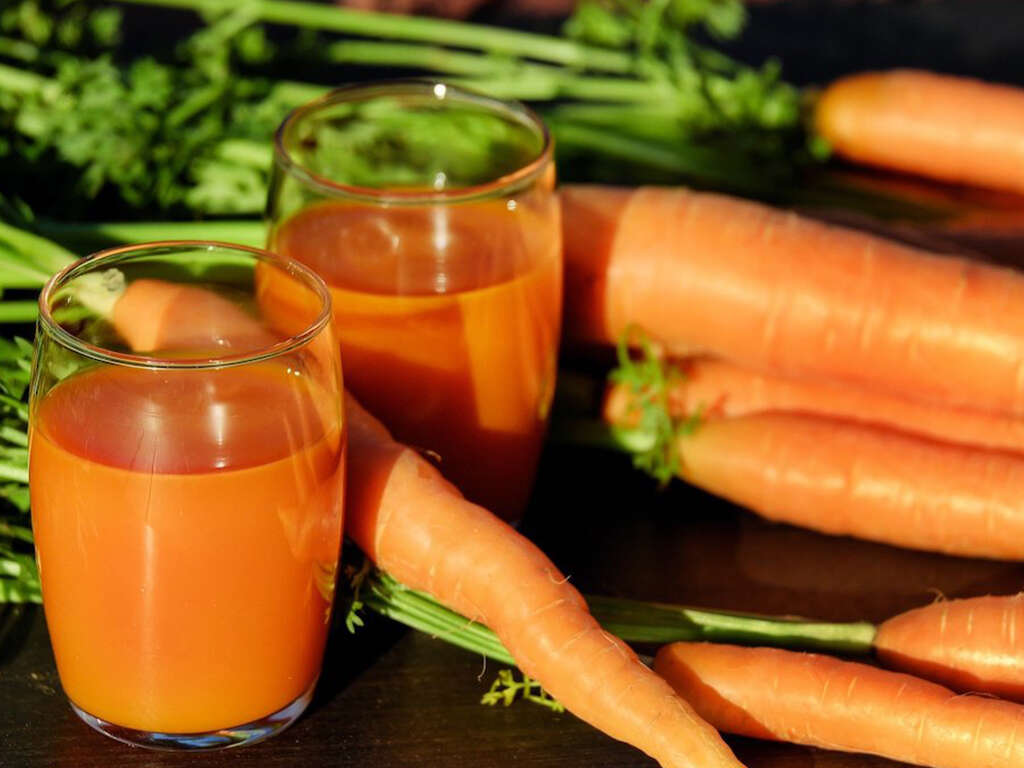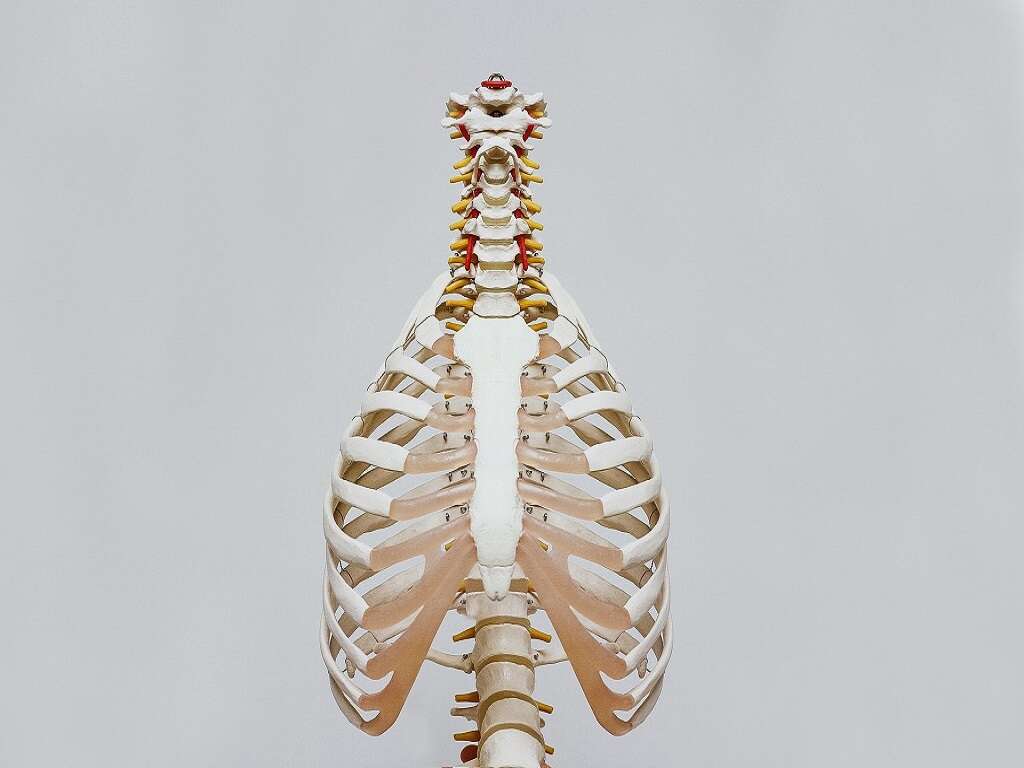Health Benefits of Cloves
 Article Sources
Article Sources
- 1. Cortes-Rojas, Diego Francisco, et al. 'Clove (Syzygium Aromaticum): a Precious Spice.' PubMed Central (PMC), Feb. 2014, www.ncbi.nlm.nih.gov/pmc/articles/PMC3819475
- 2. Kuroda, Minpei, et al. 'Hypoglycemic Effects of Clove (Syzygium Aromaticum Flower Buds) on Genetically Diabetic KK-Ay Mice and Identification of the Active Ingredients.' PubMed, Journal of National Medicine, Apr. 2012, pubmed.ncbi.nlm.nih.gov/21987283
- 3. 'Spices, cloves, ground.' FoodData Central, U.S. Department of Agriculture, 1 Apr. 2019, fdc.nal.usda.gov/fdc-app.html#/food-details/171321/nutrients
- 4. 'Manganese.' Mount Sinai Health System, www.mountsinai.org/health-library/supplement/manganese
- 5. Santin, Jose, et al. 'Gastroprotective Activity of Essential Oil of the Syzygium Aromaticum and Its Major Component Eugenol in Different Animal Models.' PubMed, 8 Dec. 2010, pubmed.ncbi.nlm.nih.gov/21140134
- 6. Hu, Qiao, et al. 'Progress on the Antimicrobial Activity Research of Clove Oil and Eugenol in the Food Antisepsis Field.' Wiley Online Library, Journal of Food Science, 26 May 2018, onlinelibrary.wiley.com/doi/full/10.1111/1750-3841.14180
Cloves come from the immature flower buds of clove trees. Whole cloves are the dried flower buds, and they may be consumed or used intact. They can also be ground up and added to foods and beverages as a spice.
The strong flavor and aroma of cloves are easily recognizable in sweet foods, such as pumpkin pie. The flavor is similar to that of nutmeg, but cloves are much stronger, and they have a slightly bitter undertone. Although they're most notably used as a seasoning in entrees and drinks, cloves also have a long history of use for their perceived medicinal benefits.
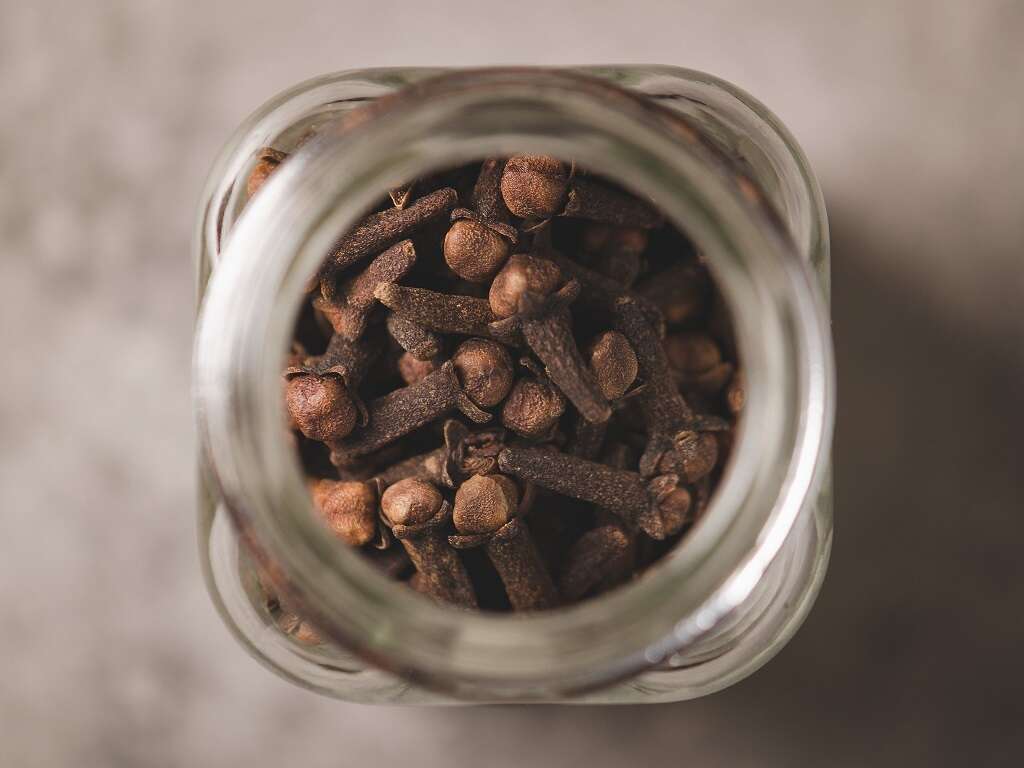
Contains Eugenol
Clove buds contain anywhere from 80 to 90 percent eugenol. In fact, cloves have the highest content of this chemical compound among the spices. Because eugenol has potent antioxidant, anti-inflammatory and antimicrobial properties, many view cloves as an excellent way to consume eugenol.
Studies by the United States Department of Agriculture, various universities and other research sources evaluated the strong antioxidant properties in cloves, which are explained in part by its high eugenol content. The antimicrobial properties of cloves may be helpful in many ways, such as boosting immunity, fighting inflammation and supporting healthy digestion.1Cortes-Rojas, Diego Francisco, et al. ‘Clove (Syzygium Aromaticum): a Precious Spice.’ PubMed Central (PMC), Feb. 2014, www.ncbi.nlm.nih.gov/pmc/articles/PMC3819475

Good Source of Beta-Carotene
Whole cloves are dark brown. When ground up, the brown hue takes on a red-orange tint. This color comes from the beta-carotene in cloves. The human body uses this compound to make vitamin A, which is essential for eye health.
Beta-carotene may also help protect the skin and enhance cognitive function and memory due to its antioxidant characteristics. Those features may slow down the ravages of aging caused by free radicals and limit cell damage.
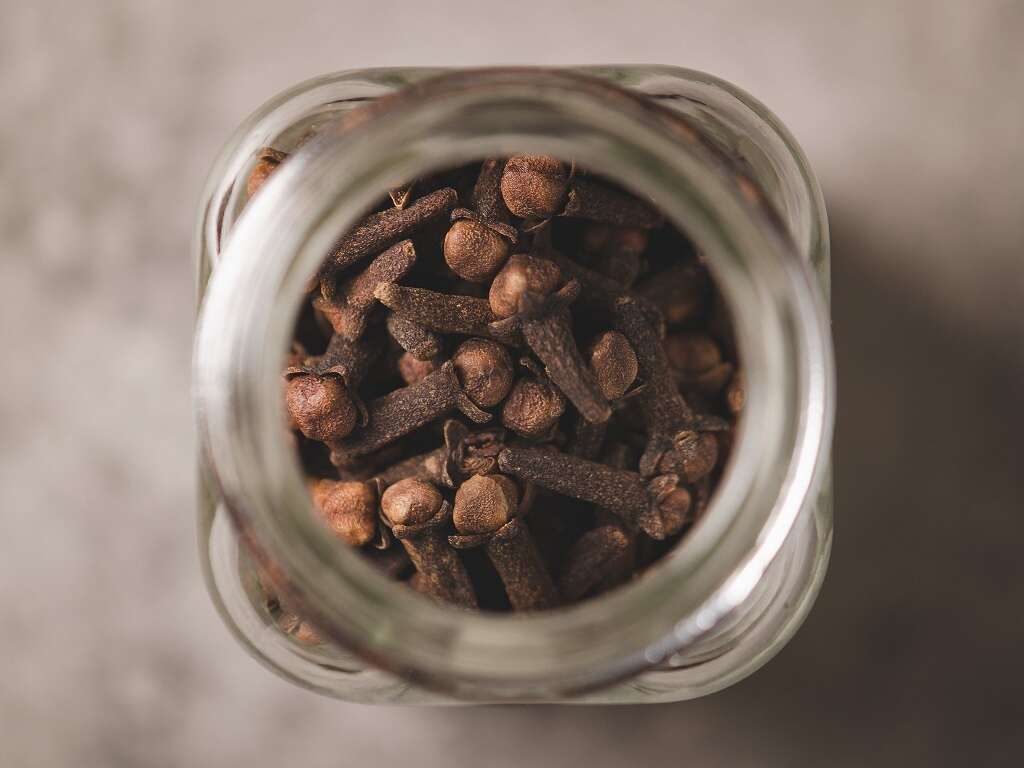
Blood Sugar Benefits
People with diabetes may be able to benefit from cloves. A study published by The Journal of Natural Medicine on the effects of cloves on diabetic mice suggested that cloves may have the potential to help those with type 2 diabetes.
A clove extract stimulated insulin secretion in the genetically diabetic mice. It also boosted cell function for insulin production.2Kuroda, Minpei, et al. ‘Hypoglycemic Effects of Clove (Syzygium Aromaticum Flower Buds) on Genetically Diabetic KK-Ay Mice and Identification of the Active Ingredients.’ PubMed, Journal of National Medicine, Apr. 2012, pubmed.ncbi.nlm.nih.gov/21987283 These effects on insulin levels may help maintain healthy insulin levels. Whether studies conducted on mice translate to improvement for humans is still unknown.

Supplies Beneficial Manganese
Manganese is a mineral vital to bone health and calcium absorption. Cloves are a good source of this essential mineral. A single teaspoon of ground cloves contains 63 percent of the USDA's recommended daily intake of manganese.3‘Spices, cloves, ground.’ FoodData Central, U.S. Department of Agriculture, 1 Apr. 2019, fdc.nal.usda.gov/fdc-app.html#/food-details/171321/nutrients
This trace mineral is instrumental in the production of bones, connective tissue, blood-clotting factors and sex hormones. Manganese also helps metabolize carbs and fats and aids in blood sugar regulation.4‘Manganese.’ Mount Sinai Health System, www.mountsinai.org/health-library/supplement/manganese Its presence in this spice makes it an excellent source of sufficient daily manganese intake.
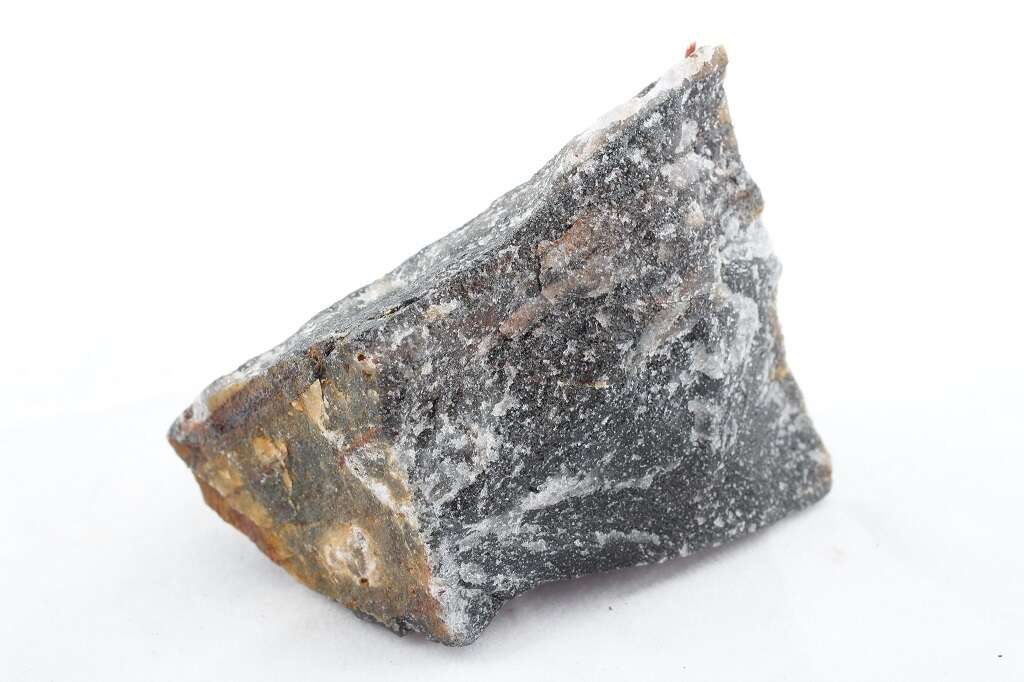
May Protect the Stomach Lining
Cloves have been a popular home remedy for gas and gastric distress for many years. This spice has been used to help relieve constipation, enhance digestion and lessen the effects of indigestion. This is likely due to its high concentrations of eugenol, which may play a part in effective digestion.
Cloves may even help fight the formation of ulcers. One 2010 animal study demonstrated an increased production of mucus that may prevent damage to the stomach lining.5Santin, Jose, et al. ‘Gastroprotective Activity of Essential Oil of the Syzygium Aromaticum and Its Major Component Eugenol in Different Animal Models.’ PubMed, 8 Dec. 2010, pubmed.ncbi.nlm.nih.gov/21140134 Human studies haven't been performed.

May Improve Acne
The use of clove oil has demonstrated good results in the management of acne. That may be because cloves are packed with antimicrobials and antioxidants. The antiseptic and antibacterial properties of cloves may fight acne-causing bacteria.
Eugenol's antioxidant characteristics may also help minimize redness and swelling. Just a few drops of clove oil extract combined with coconut oil can be applied with a cotton swab on the pimples. Clove oil may not only reduce acne breakouts but also enhance the skin's elasticity and appearance.

Food Poisoning Preventative
The eugenol in cloves and its antimicrobial properties may help prevent food poisoning.6Hu, Qiao, et al. ‘Progress on the Antimicrobial Activity Research of Clove Oil and Eugenol in the Food Antisepsis Field.’ Wiley Online Library, Journal of Food Science, 26 May 2018, onlinelibrary.wiley.com/doi/full/10.1111/1750-3841.14180 Clove oil may be a good candidate as a food preservative because it has been shown to fight bacteria that grow on food, such as salmonella and E.coli.
Research from 2009 also suggests that clove oil may attack listeria growth. With these results and indications, using clove oil as a food poisoning preventative deserves further research.

Dental Benefits
Biting down on a whole clove has long been rumored to relieve a toothache. The anecdotal success of this old home remedy may be attributed to the combined antibacterial and anti-inflammatory properties associated with cloves.
The pungent flavor may also deliver an analgesic effect, helping to lessen the pain of the toothache. Clove oil can also fight the bacteria that cause toothaches. This may be helpful in fighting gingivitis, plaque and cavities.

Drinking Clove Beverages
As the popularity of alternative medicines has grown, so has the awareness of the potential health benefits of cloves. Cloves have a strong taste and aroma, which can be a deterrent to some. Consuming this spice as a beverage may be more agreeable.
Clove water is made by soaking two whole cloves in a glass of water overnight. Boiling ground clove spice in water and adding tea powder or a tea bag to steep can make a palatable clove tea.
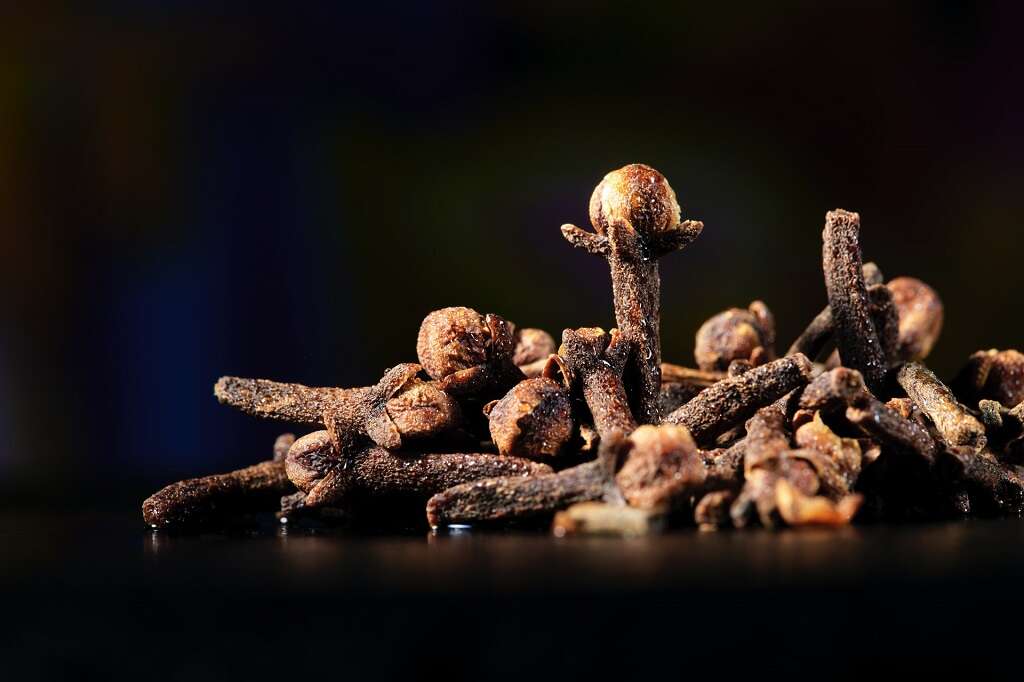
Safe Clove Consumption
In most circumstances, too much of a good thing can turn bad. The same holds true with cloves. Undiluted essential clove oil can be harmful, so the oil should be diluted in distilled water or olive oil before use. Clove cigarettes are not a safe alternative to those that contain tobacco.
A little clove spice goes a long way, and too much can cause gastric distress. People with ulcerative colitis, Crohn's Disease, ulcers and diverticulitis should not consume cloves. Pregnant women should also avoid cloves.



